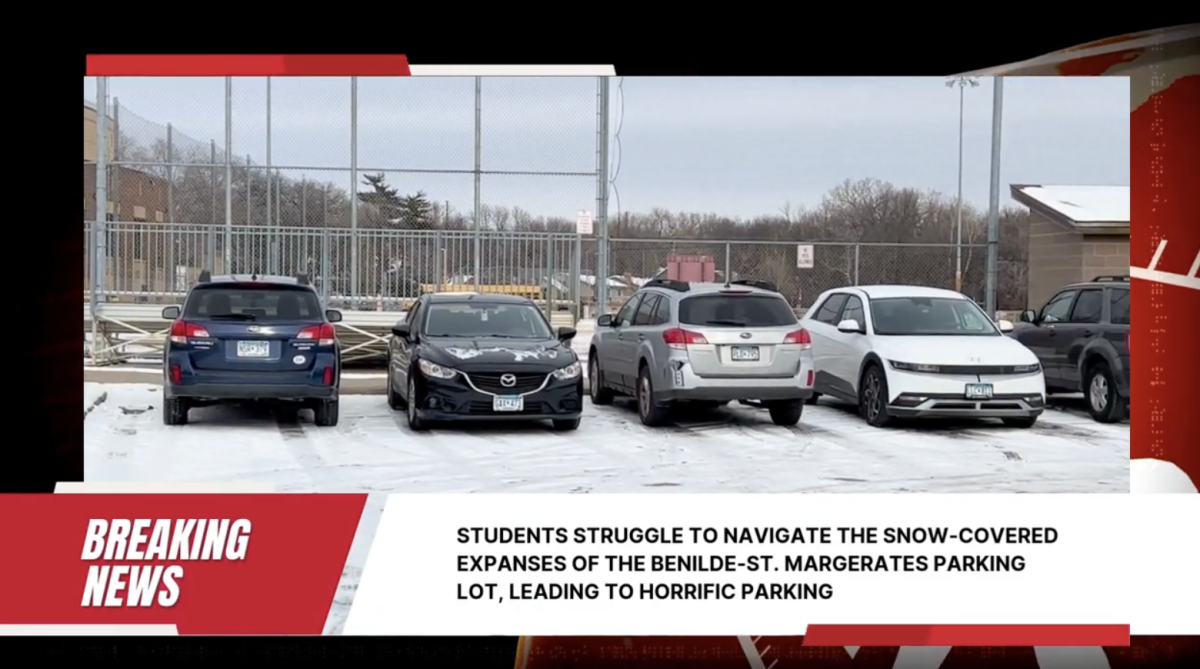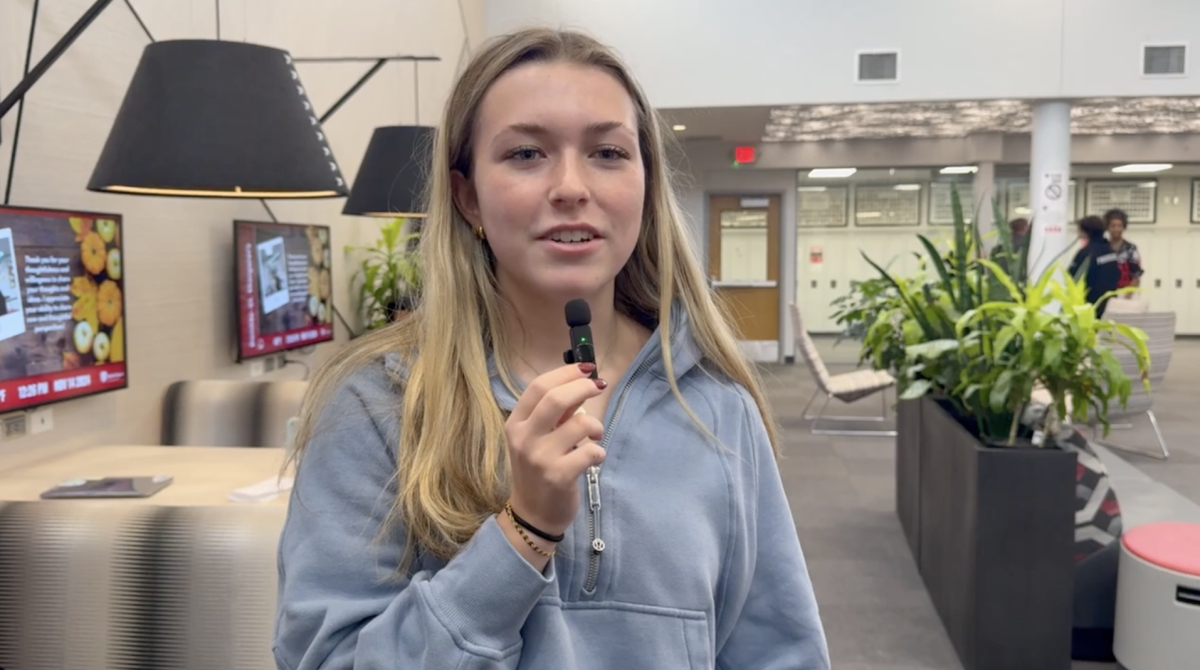The Facebook Experiment
Are you friends with Claire Simmons or Ben Erickson on Facebook? Well guess what? They don’t exist. The Knight Errant created two fake profiles as an experiment about students’ online interactions with social networking. The two profiles had info about themselves, a few pictures, some status updates, and were friends with the Knight Errant staff. There were some Benilde-St. Margaret’s students who rejected their friend requests, but overall, the profiles grew over the past two weeks and now 275 people are friends with Simmons and 407 are friends with Erickson. Only seven students messaged the fakes asking if they knew each other. The most interesting finding was that 28 people deliberately friend requested Simmons and 22 requested Erickson. A scary number, considering students aren’t just accepting strangers, but deliberately adding people that they obviously don’t know.
Although the KE experiment was completely harmless, becoming friends with people you don’t know can be dangerous. And no, rumors that the KE was teaming up with the administration to get students in trouble by becoming friends on Facebook are completely untrue; no one in the administration was even aware of this experiment, and no teachers have had access to the profiles. There are plenty of stories of harassment and online predators that have probably happened to someone you know, and are some of the real dangers of interacting with strangers online.
Also, with the confusing new privacy settings on Facebook, many students’ who previously had their pictures only available to friends, now unknowingly have their settings set so everyone can see their photo albums. This can be very dangerous because even if you are smart enough not to post compromising pictures of yourself, if your friends post them and they aren’t private everyone can access them. Although the BSM administration doesn’t go on Facebook looking for student misbehaving, according to principal Mrs. Mary Andersen parents can see these and there have been incidences where they have sent them in to the school.
Many students don’t realize or believe it is true that when you are applying to colleges or jobs they can often see students’ profiles and pictures. Recently a few seniors accepted college admissions counselors as their friends on Facebook and gave them access to not only their profiles, but many of their friends too. Although she has not directly been told or given proof counselor Mrs. Amanda Anderson has reason to believe that some colleges and universities research their applicants on Facebook. “Colleges want to create pages and are trying to recruit students more on Facebook. And I think a lot of the most competitive school also take time to search through [Facebook] to make sure there is nothing horribly offensive in their posts or on their walls. And they are also looking for pictures of drinking or alluded drug use,” said Mrs. Anderson.
Proving a significant point about how BSM students use social networking, the KE Facebook experiment is just one example of how students misuse their profiles. So go home and check your privacy settings, make sure your friends aren’t posting compromising pictures, and next time someone friend requests you, maybe make sure you can verify they exist before clicking “accept.” (Katie McClurg)
*The profiles created by the KE were solely for this experiment and will be shut down on Sunday March 14.
The Administration on Facebook
In contrast to what most high school students might think, the school administration does not have connections with students on social networking sites. In fact, most teachers and faculty administrators stay away from social connection sites as much as possible.
Mrs. Mary Andersen, senior and junior dean, is one of many administrators who refuses to use social networking sites. “I don’t have a Facebook, and my goal is never to be on Facebook,” said Mrs. Andersen.
Surprisingly, Benilde-St. Margaret’s has not had to deal with issues in busting students over Facebook. ” [The administration] doesn’t go searching for kids breaking rules on the weekend,” said Mrs. Andersen.
But just because the administration does not “Facebook stalk” students does not mean that Facebook is not brought to the administration. “I have had pictures from student parents e-mailed to me, and I assume that they are from Facebook,” said Mrs. Andersen.
Sometimes students themselves bring in Facebook information to the administration. “Once a student printed off a Facebook conversation and asked for help,” said ninth grade dean Ms. Rasmussen.
The administration does step in when either a parent or student presents an issue over Facebook,” Parents have asked BSM to help when facebook gets out of hand because the issue often crosses over to school,” said Mrs. Andersen.
If a student asks a dean for help when dealing with Facebook issues, they will gladly help. “I have helped a student block someone from their Facebook page,” said sophomores dean Mr. Jones.
However, other administration members such as Dr. Sue Skinner, school principal, and Dr. Bob Tift, school president, enjoy the wonders of communication through social networking. “I have a facebook which I use to keep in touch with family,” said Dr. Skinner.
The social networking administration members generally believe that facebook is a useful tool as long as it is used in the right way. “I believe in using the communication tool for good, not evil,” said Dr. Skinner.
The rules for administration when dealing with facebook are basic; they are required to uphold BSM by not disrespecting others, giving out confidential information, or letting it interfere with their job. “Employees can use [social networking] on their own time,” said Dr. Skinner.
Benilde-St. Margaret’s does not enforce restrictions of student and teacher friendships over social networking sites, but advises against it. “[Its] always important for teachers to maintain professional boundaries with students whether that’s on facebook, or even a phone call,” said Dr. Skinner. (Addie Reine)
Online Social Lives of Teachers
Teachers and Facebook may seem like an odd combination, but many of our educators are members of the social networking site. Getting them to accept your friend request is an entirely different matter.
Though the school has not officially set forth rules regarding teacher-student relationships on Facebook, teachers have been advised to be careful, Mrs. Nancy Stockhaus said.
For some teachers, searching their names won’t even bring their pages up as a result. Some use their full name to prevent students from bombarding them with friend-requests; others simply set the privacy levels so high that only they can friend the people they want.
Most teachers have personal policies of not accepting requests from current students. After graduation, however, most teachers’ policies change. Retired photo teacher, Mrs. Sue Jacobson, has accepted a friend request from me now that she I am no longer her student.
“I didn’t want my life to intersect with students in that way,” said Ms. Anna Overbo, who thought about the boundaries she wanted between her private life and her work life. “I’m not [Facebook] friends with any of my current students, but there are some former students I accepted,” said Overbo.
Ms. Kitty Prentice thinks that it might be a good idea to be Facebook friends with more of her students and is even considering an alternate account for just that purpose. The lines are blurry as to how close a teacher can be with a student,” Ms. Prentice said. She thinks that there would be many advantages to having that sort of communication with her students. (Sean Simonson)

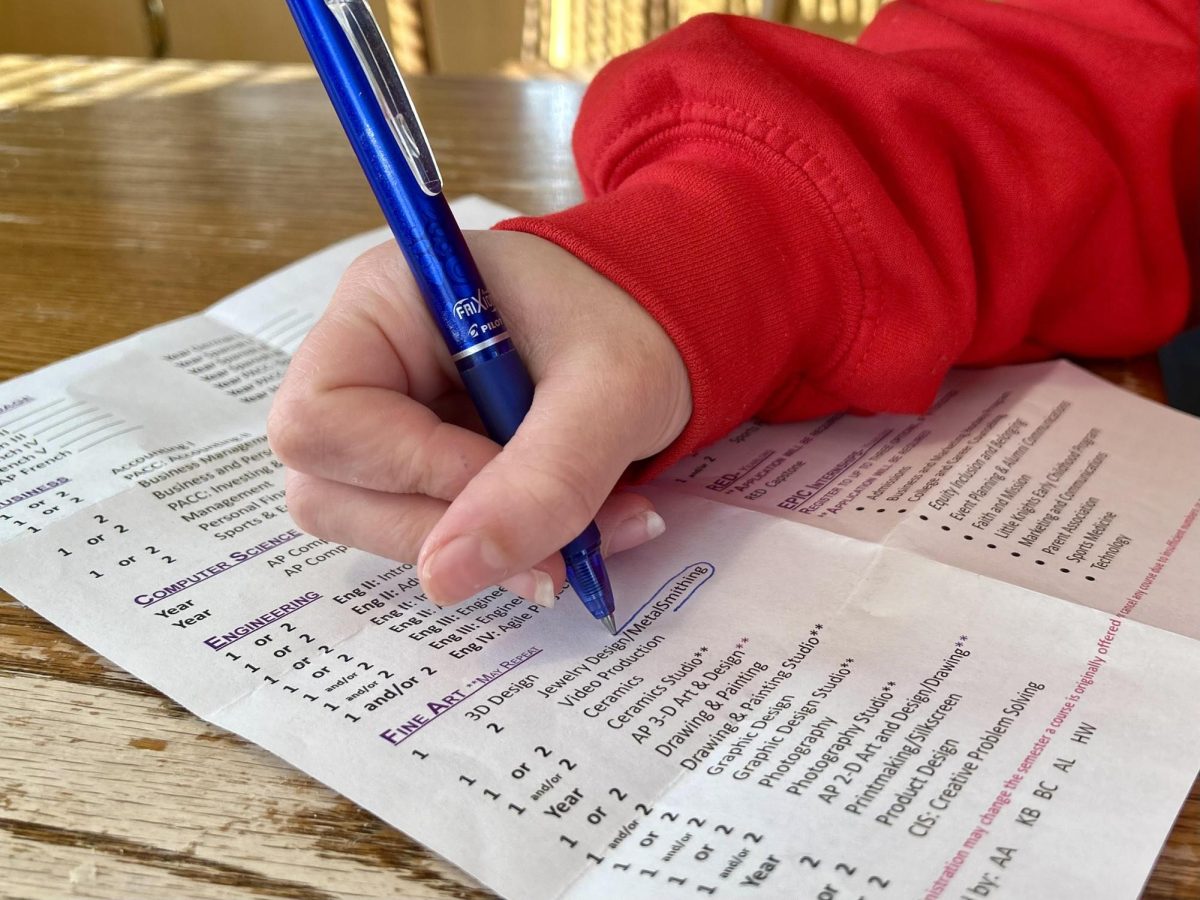

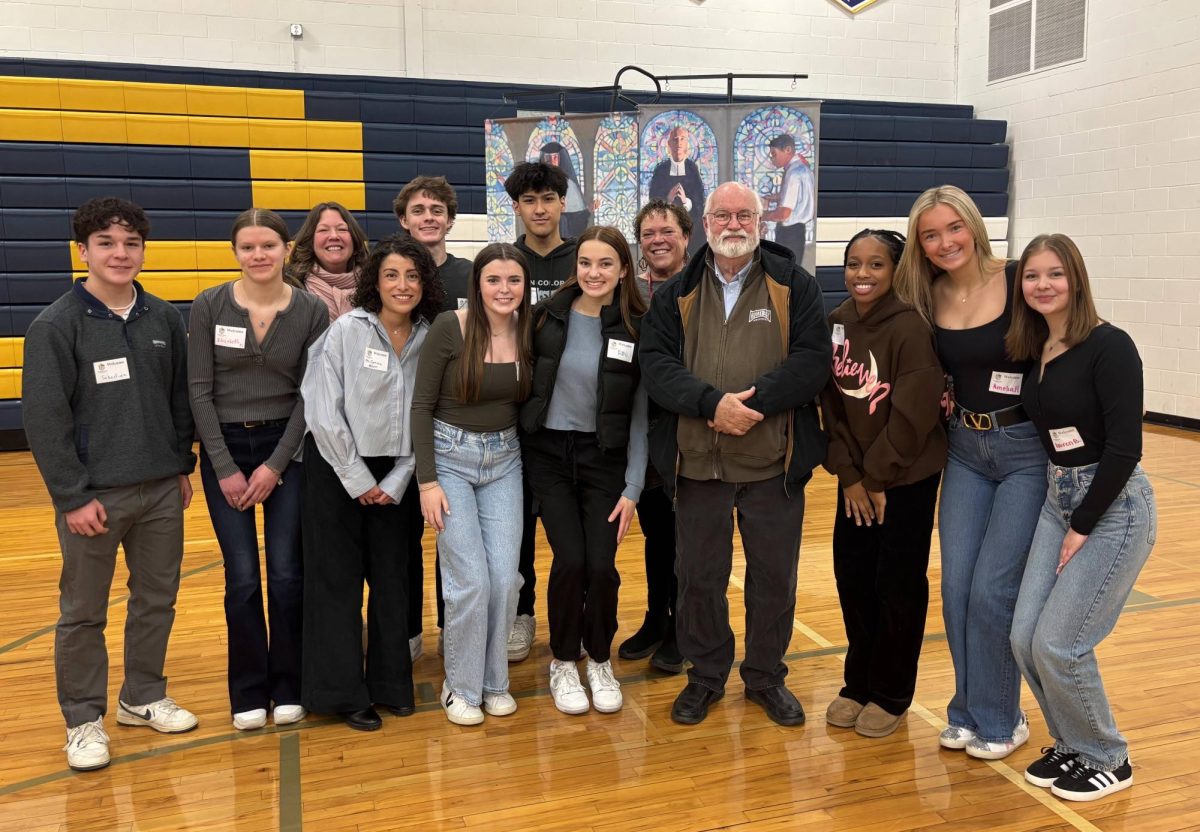
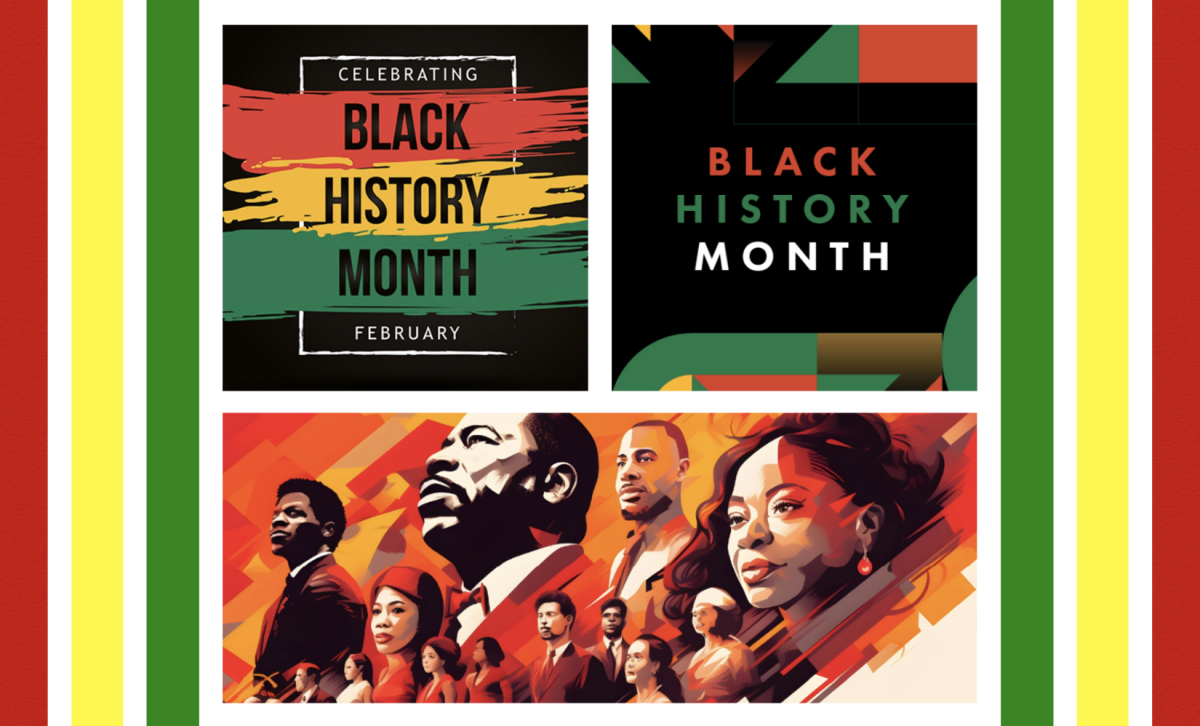
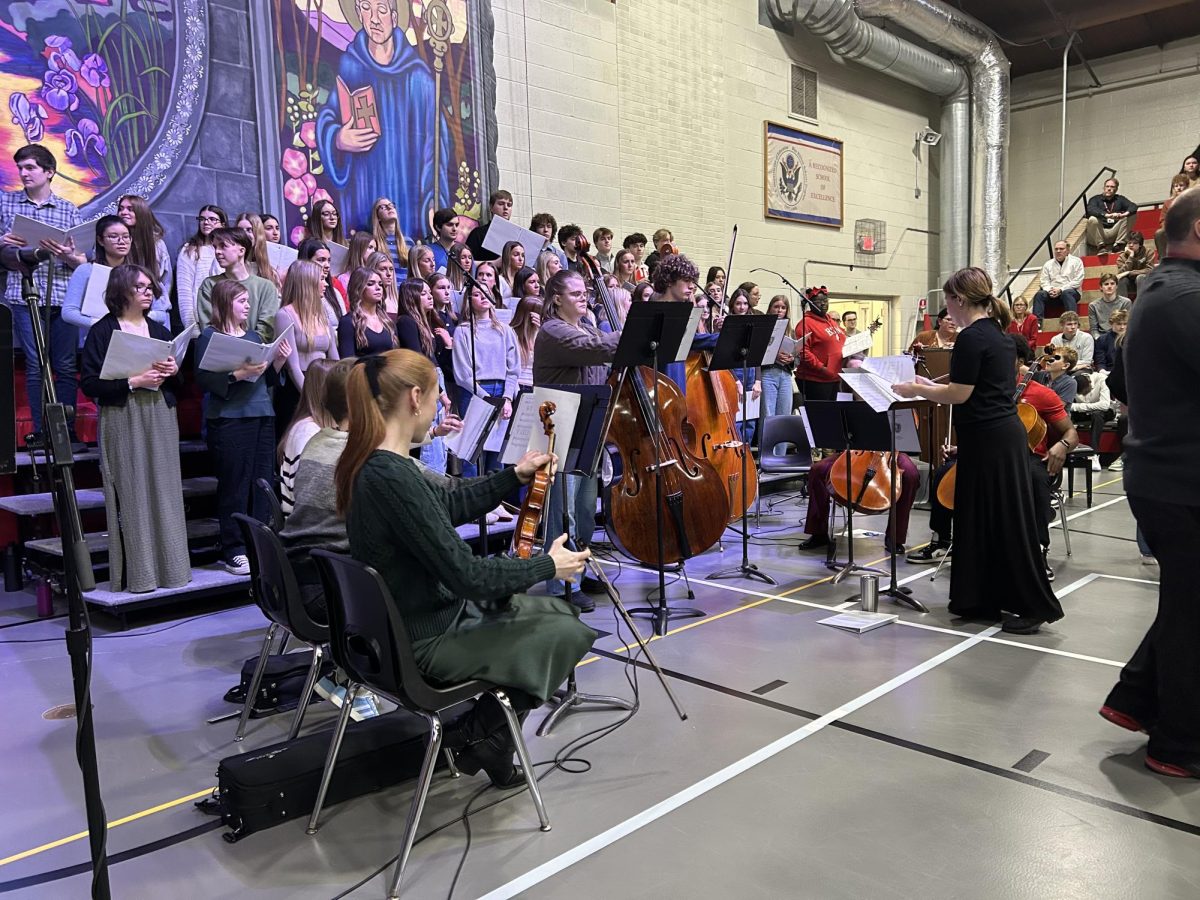
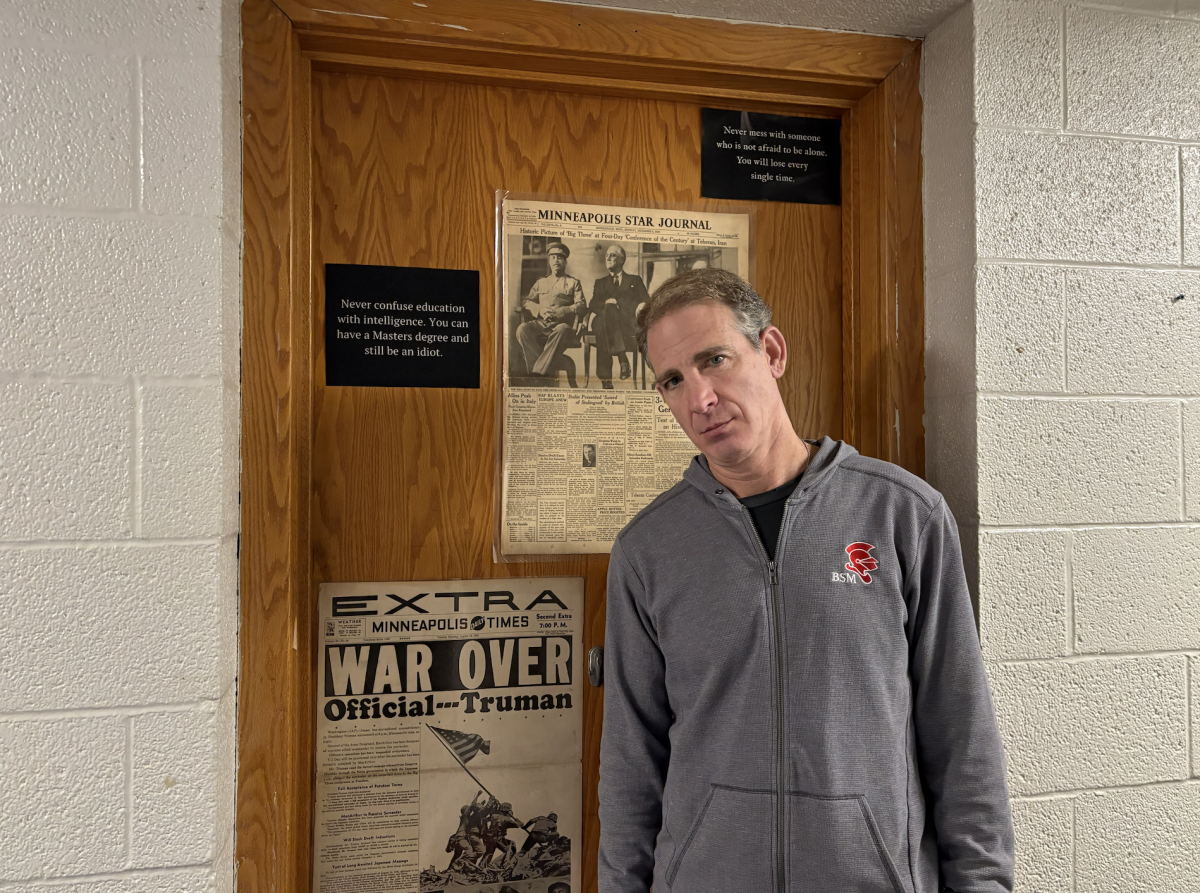

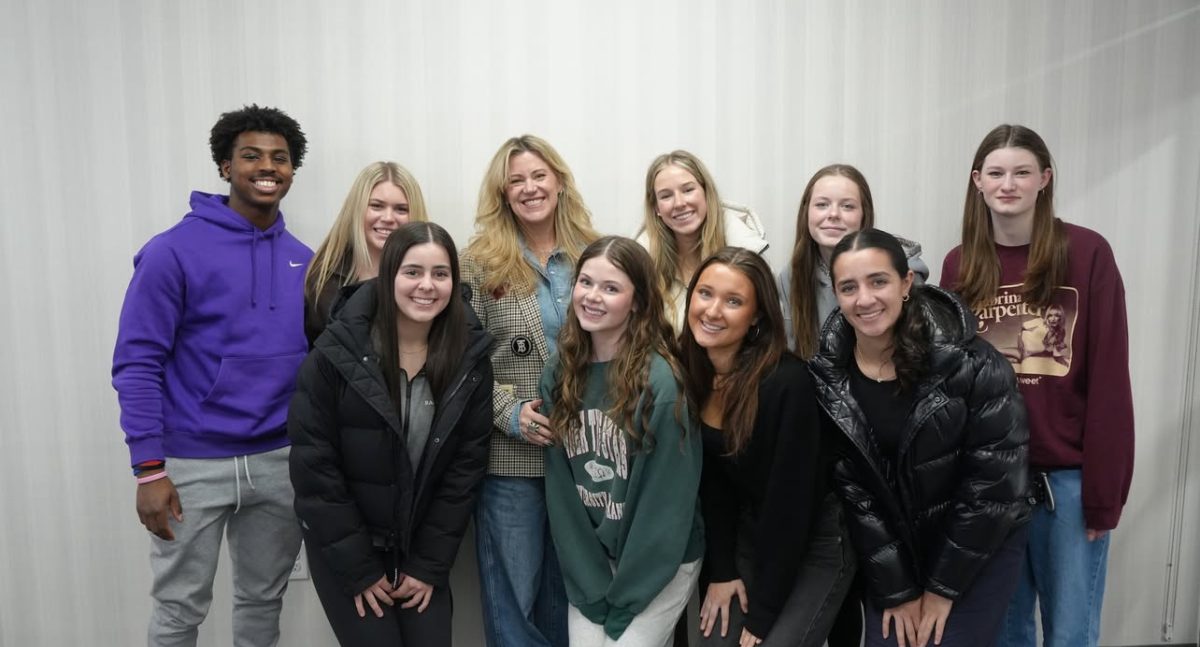
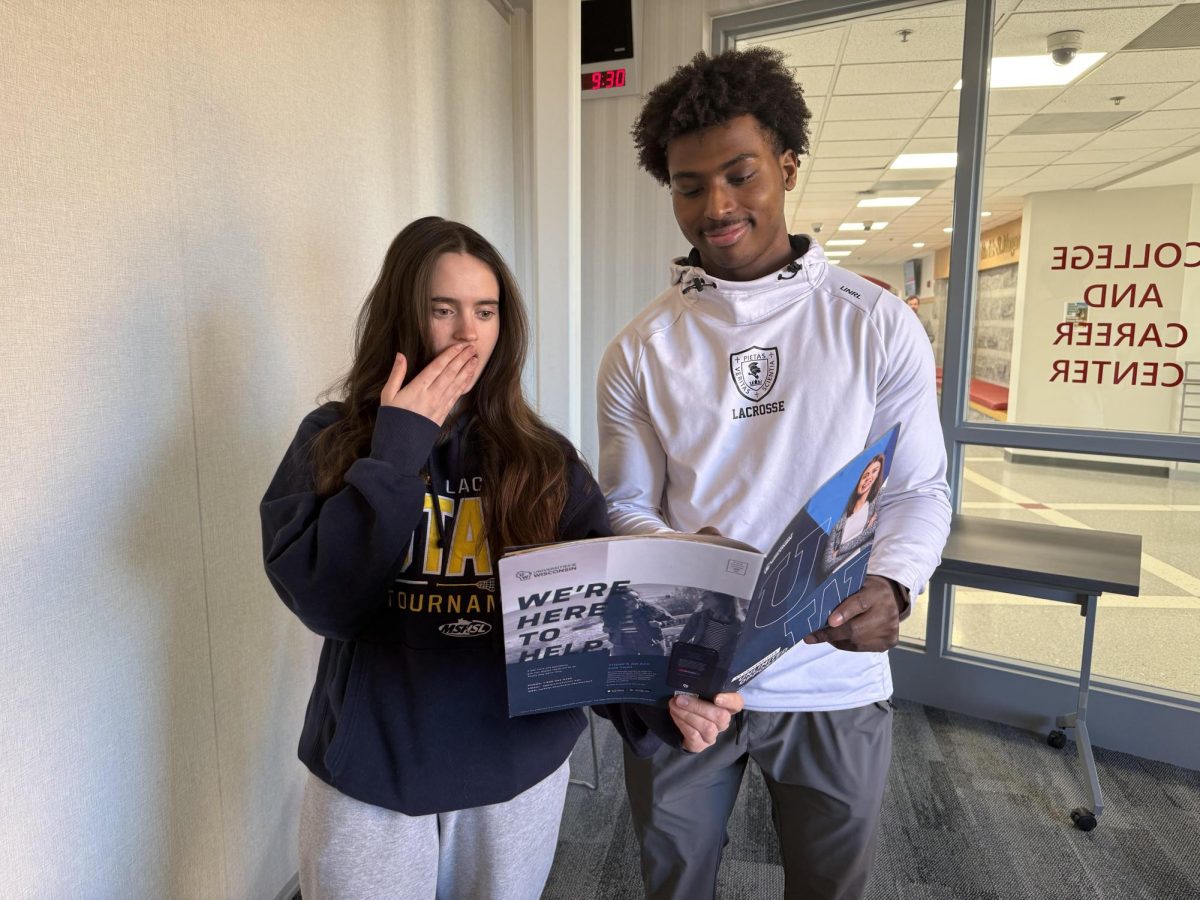
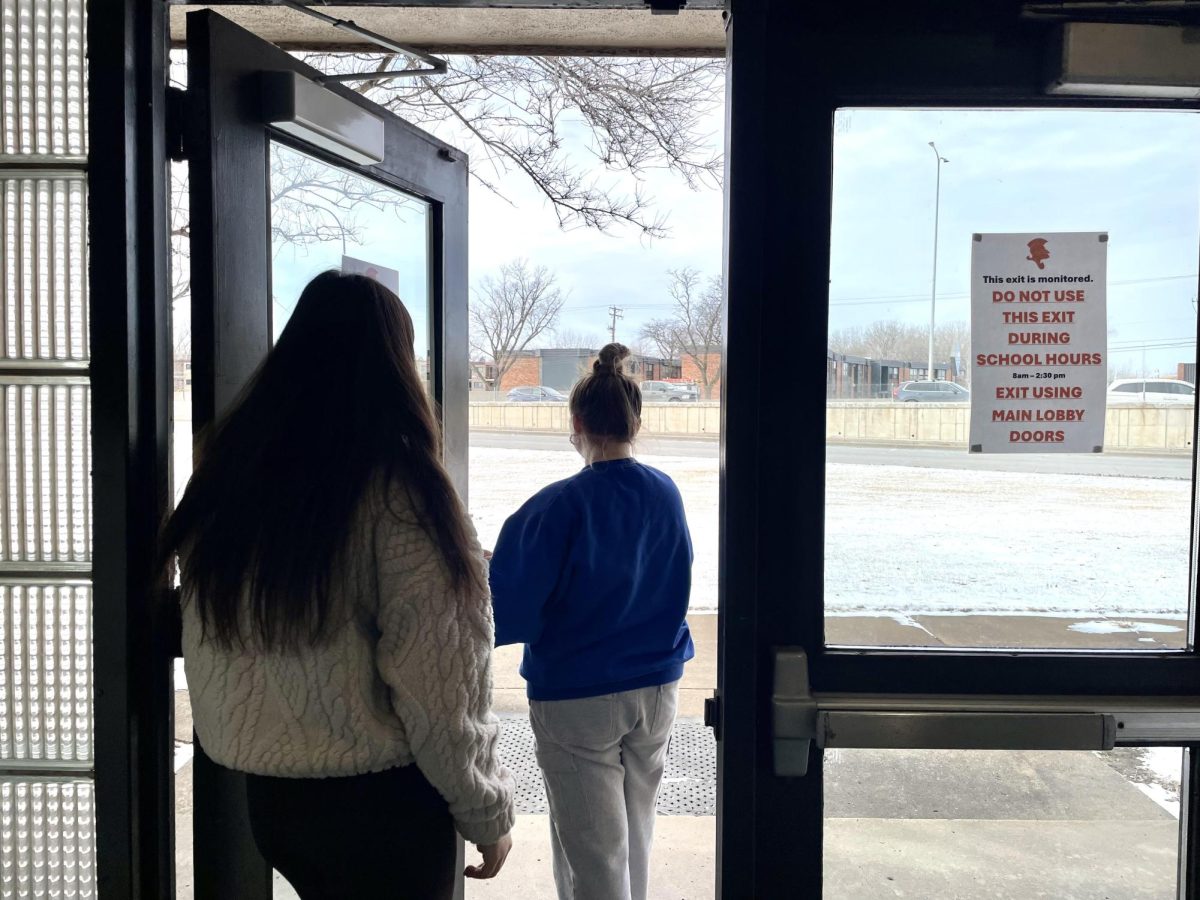

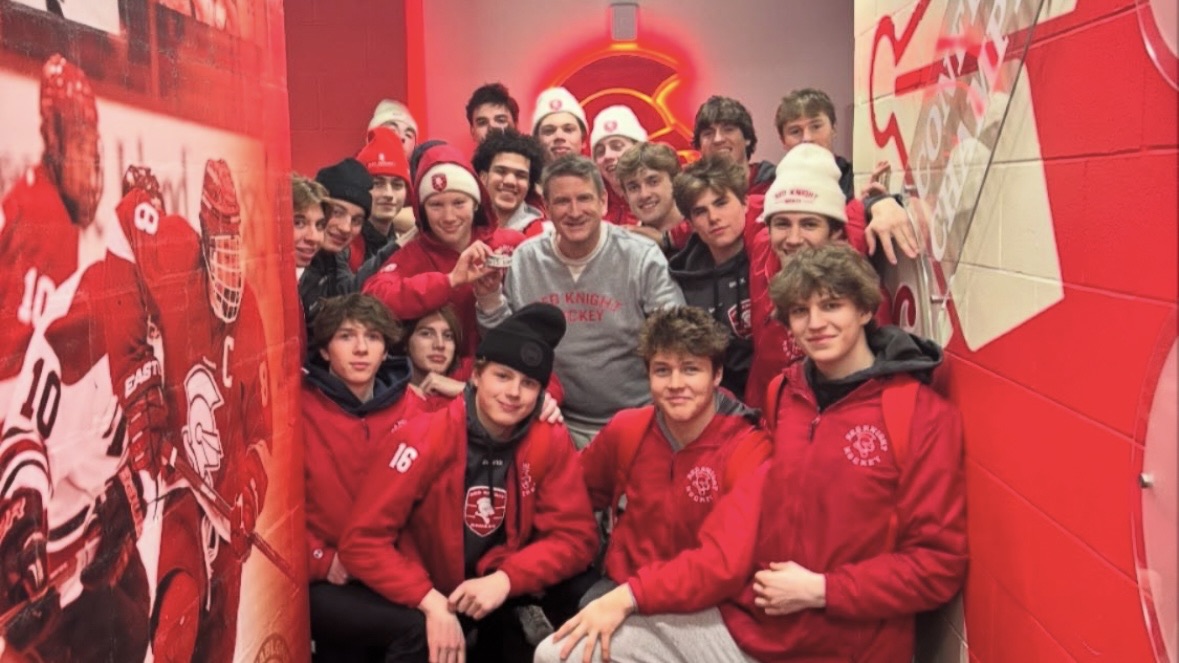
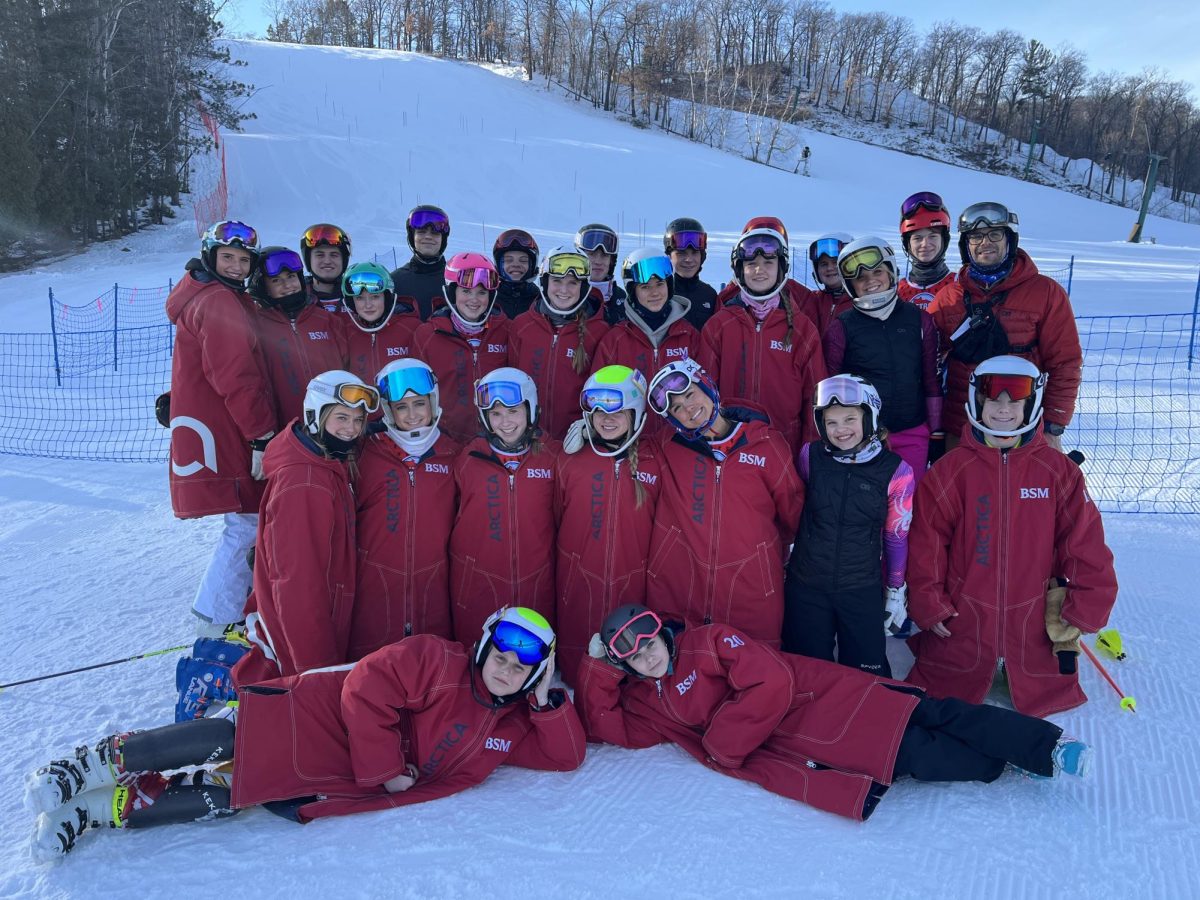
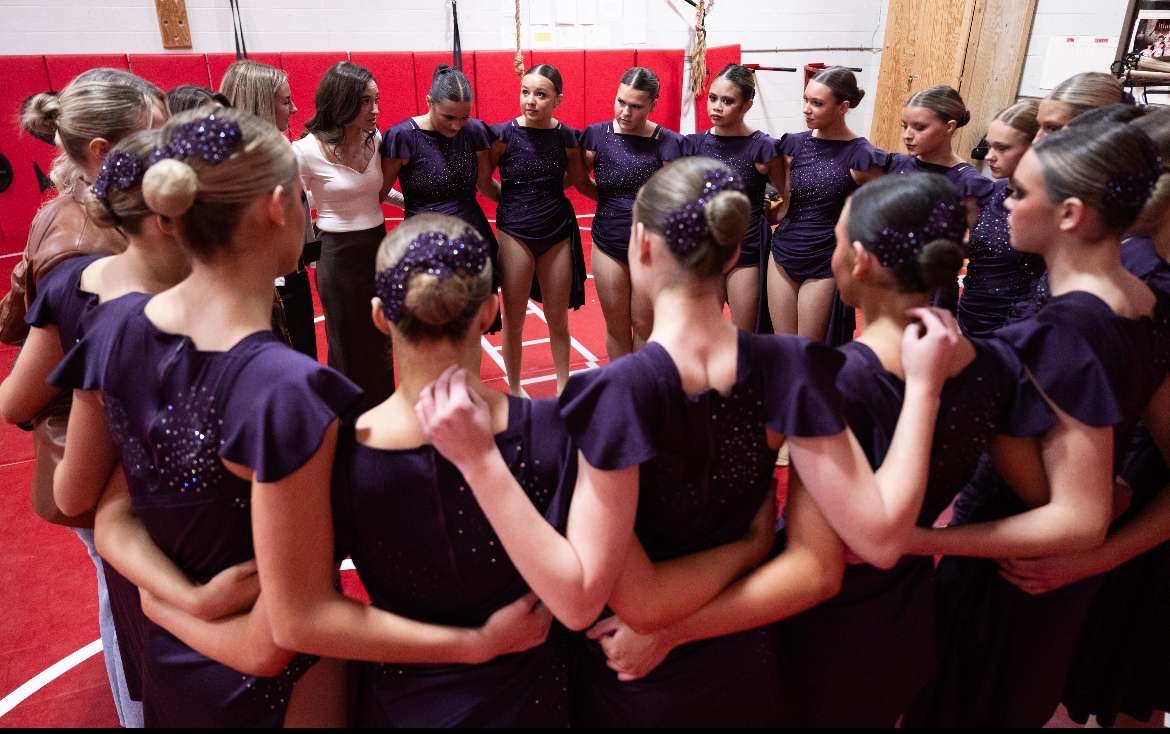
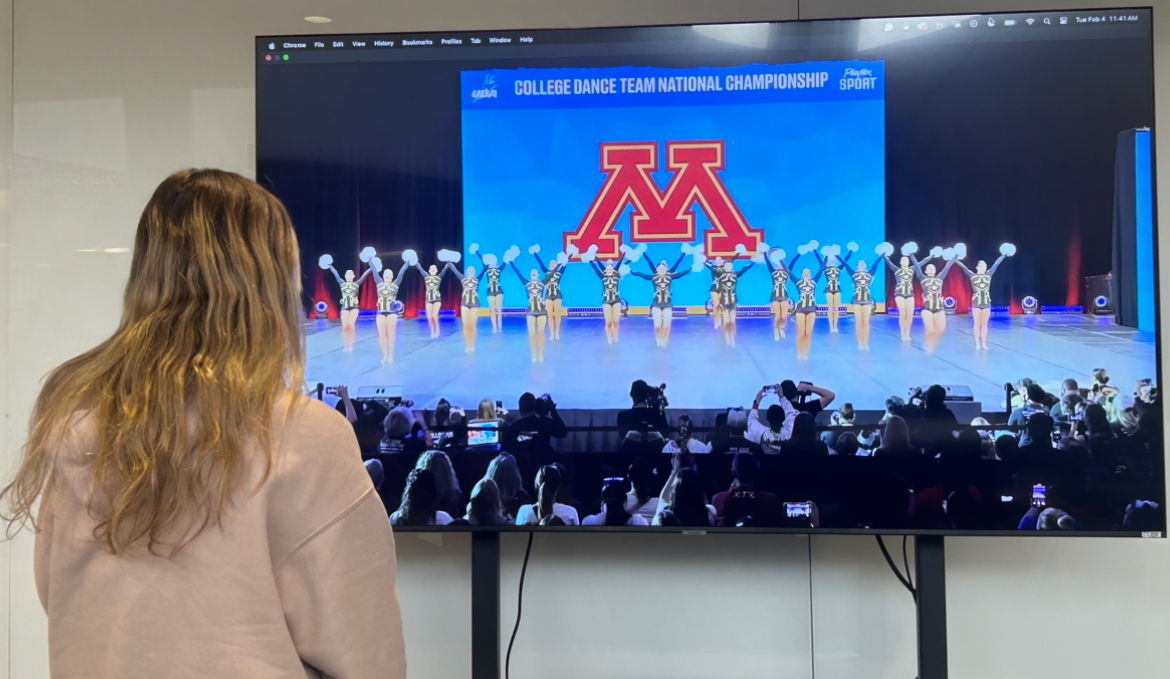

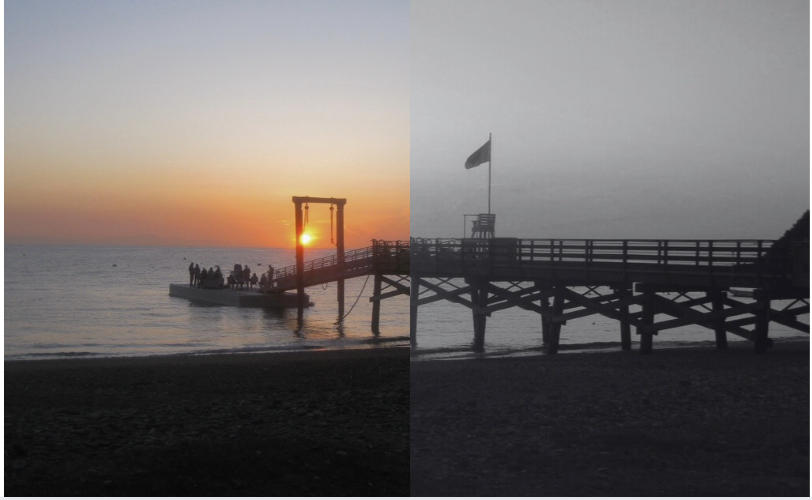

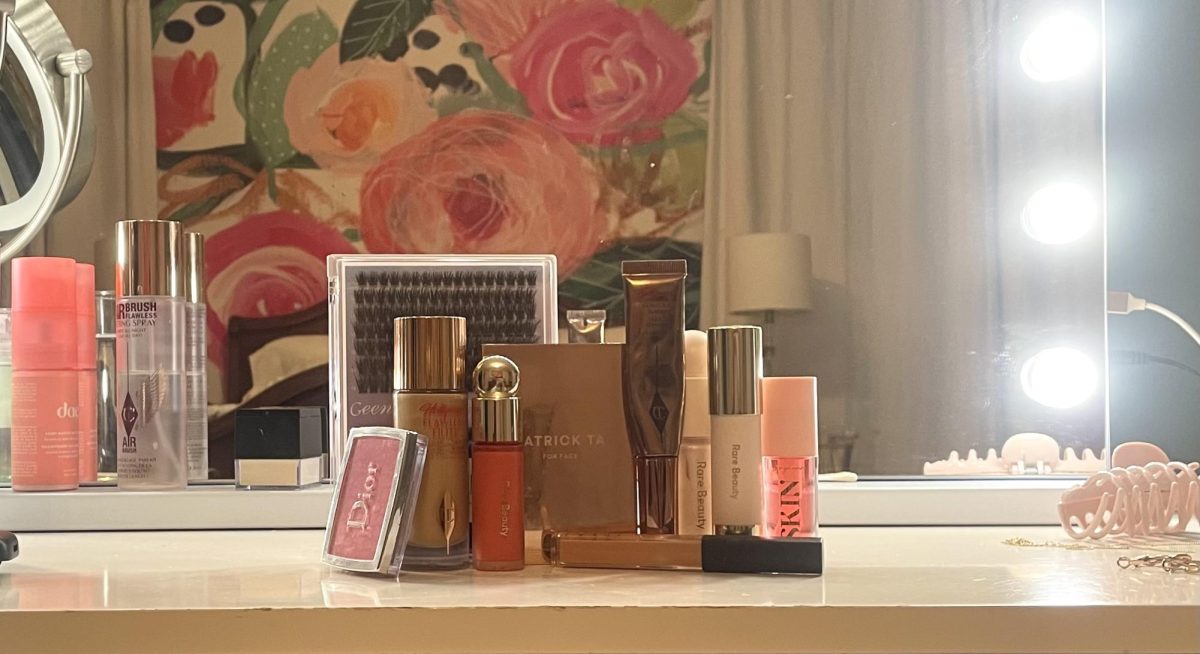
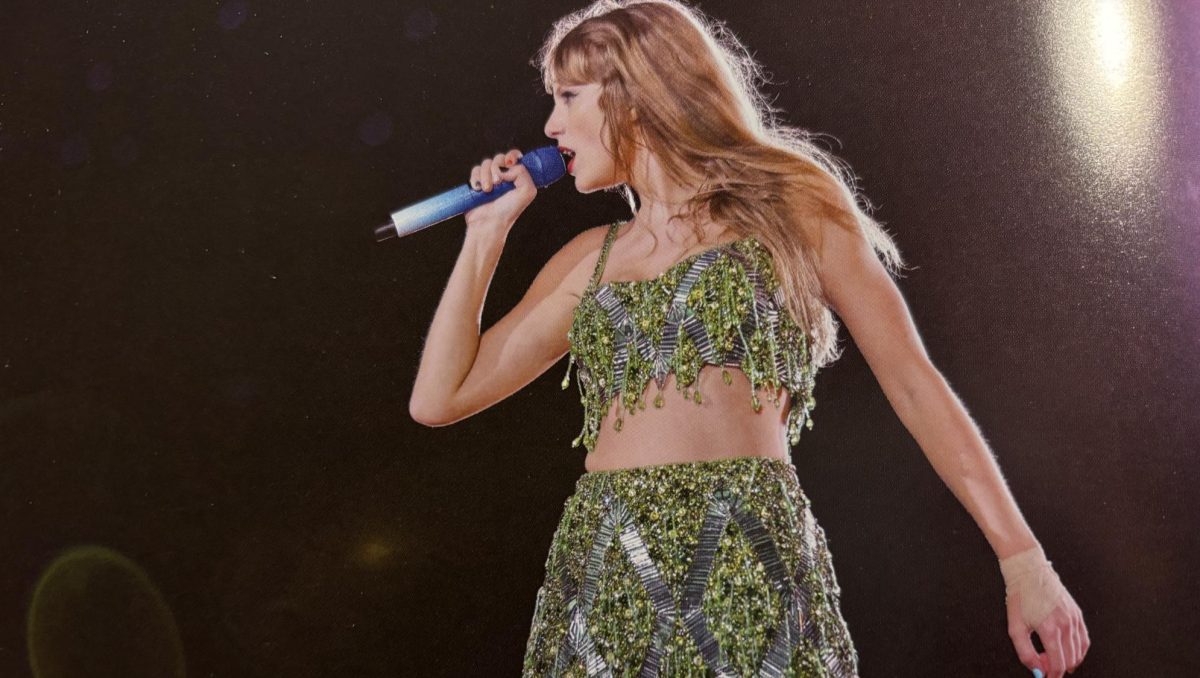

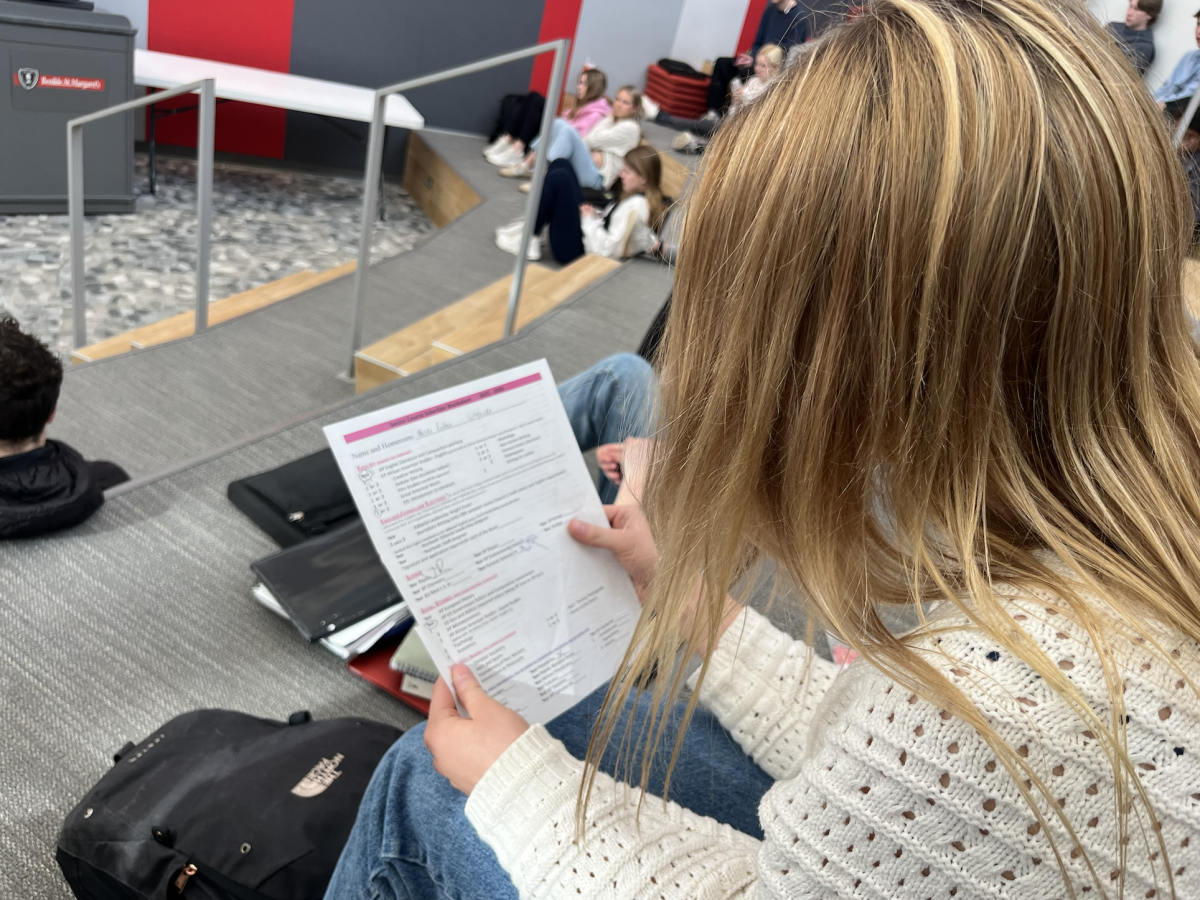
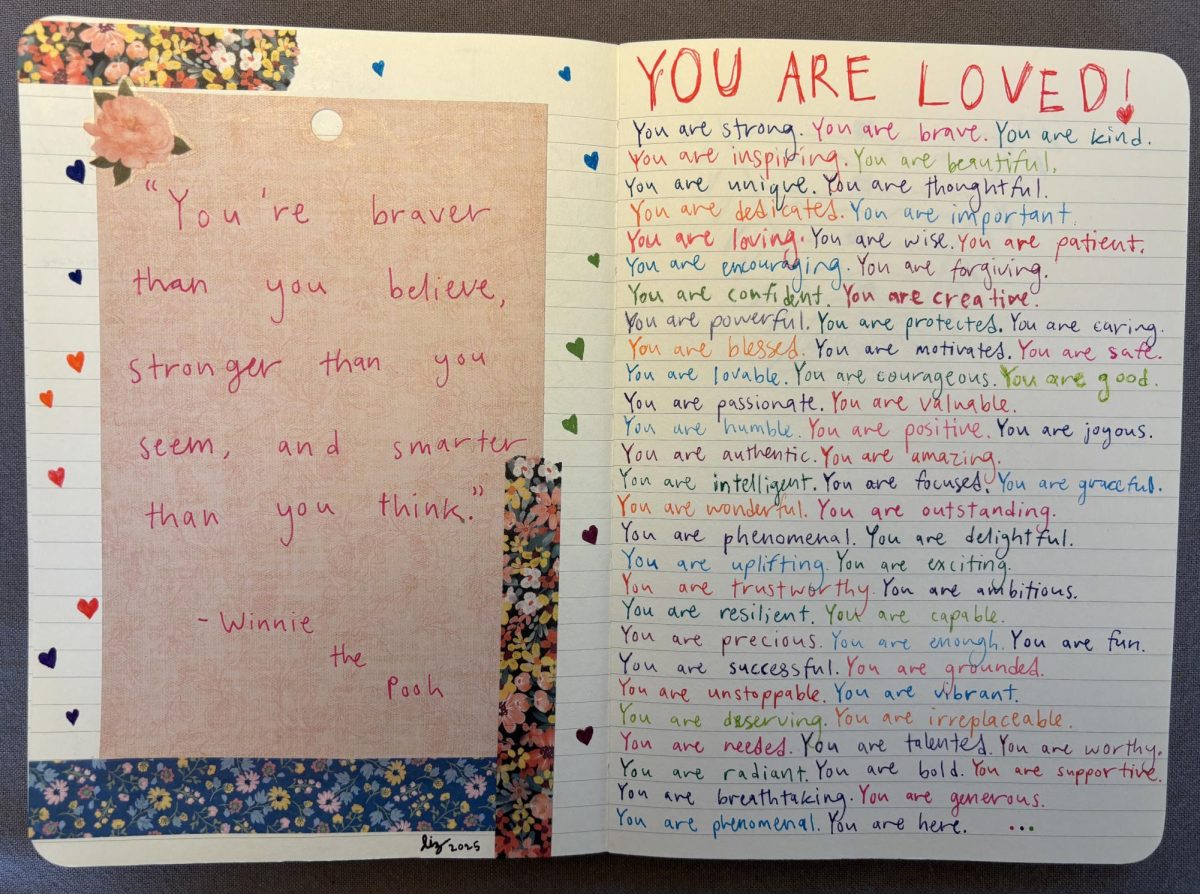
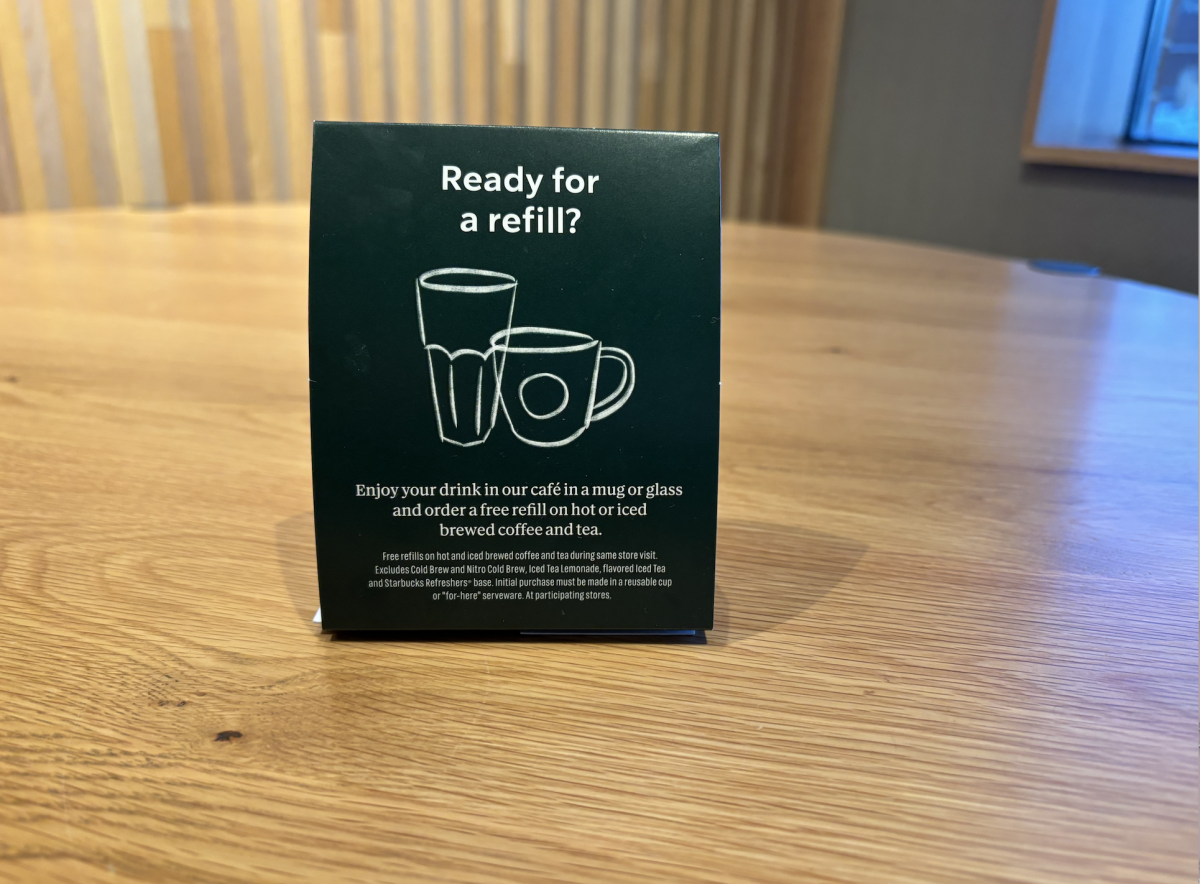
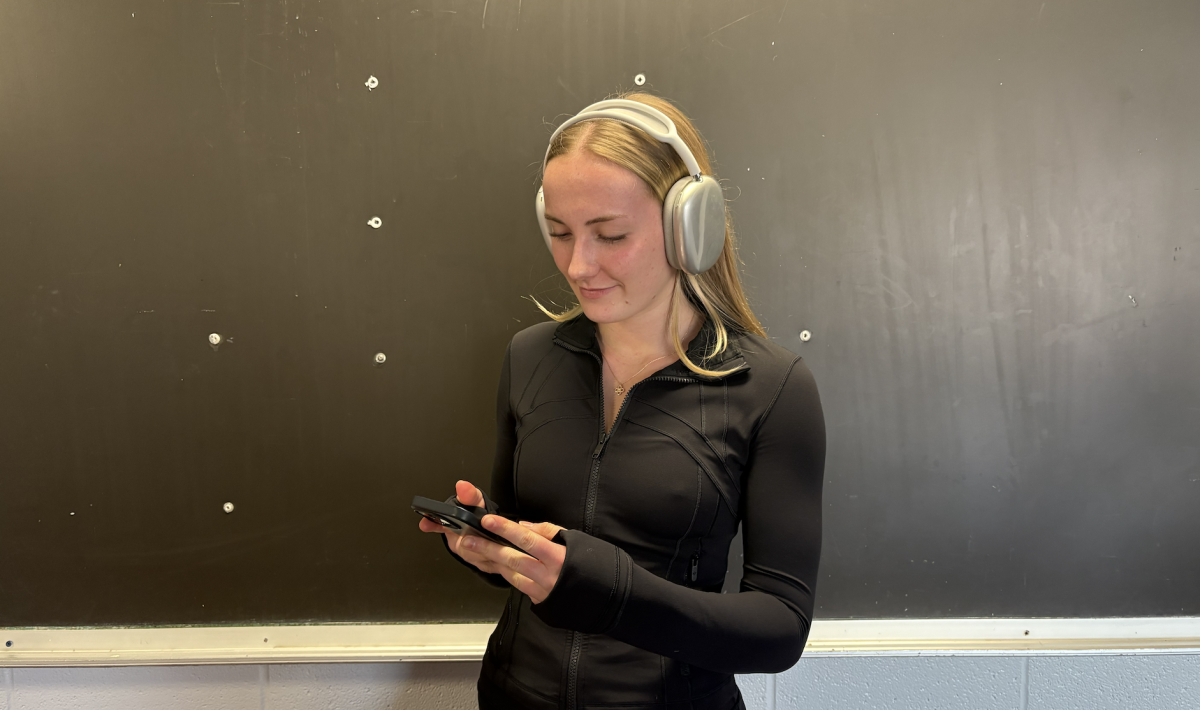

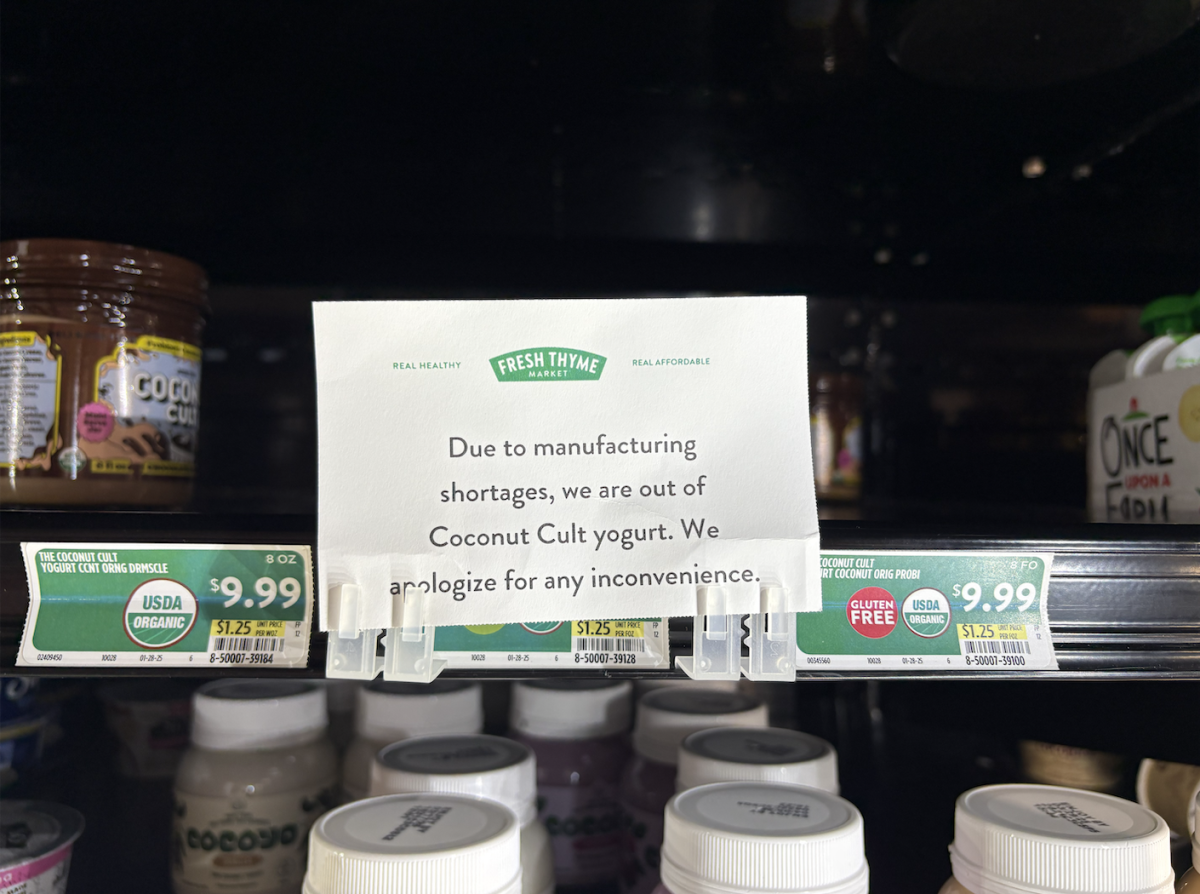


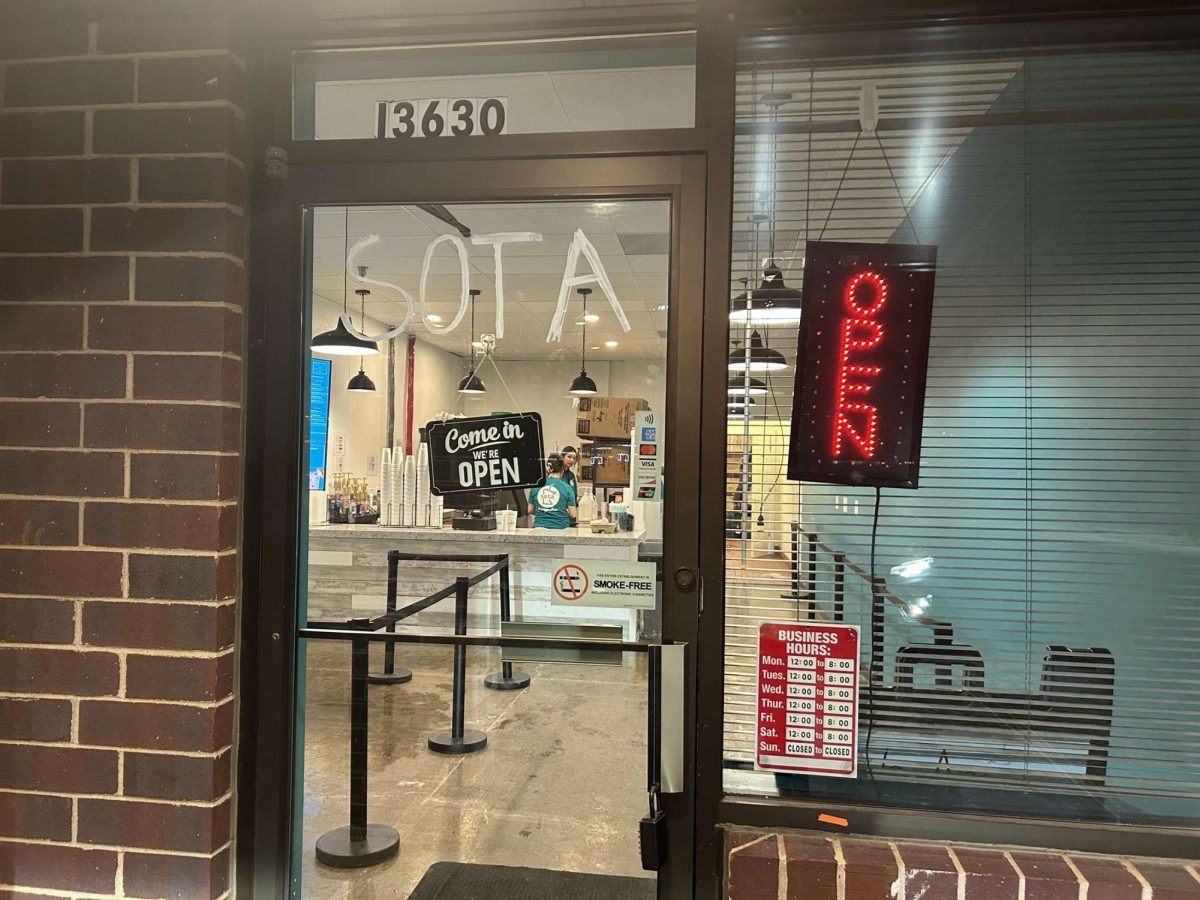





![Teacher Lore: Mr. Henderson [Podcast]](https://bsmknighterrant.org/wp-content/uploads/2025/03/teacherlorelogo-1200x685.png)
